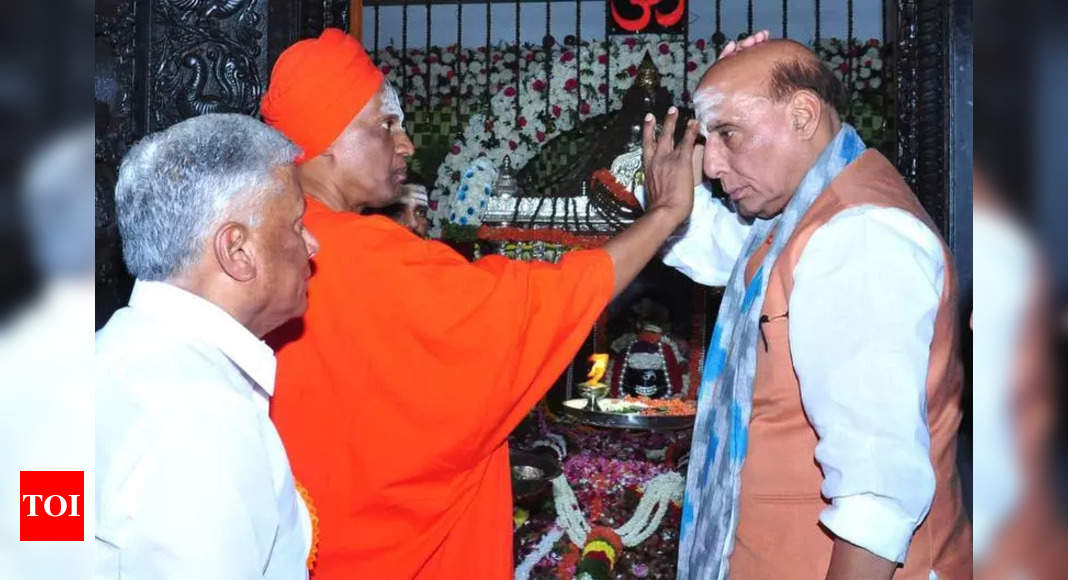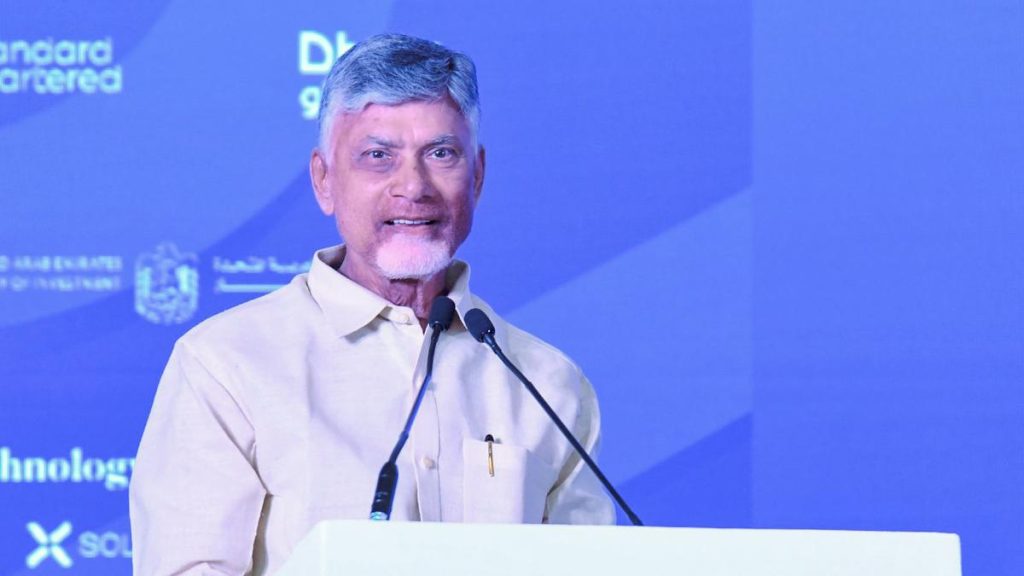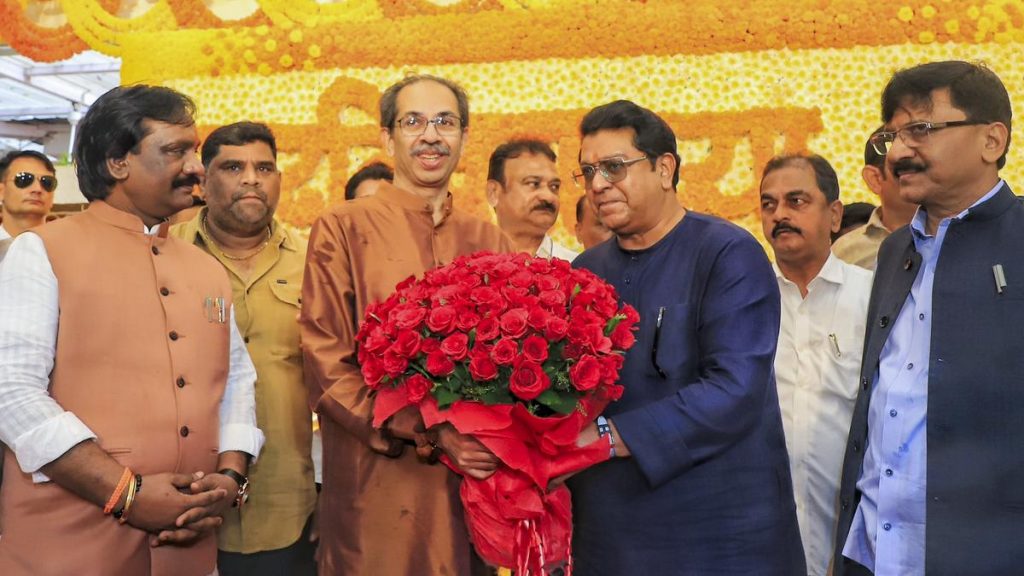Now Reading: Rajnath Singh Calls for End to Misleading North-South Divide Narratives
-
01
Rajnath Singh Calls for End to Misleading North-South Divide Narratives
Rajnath Singh Calls for End to Misleading North-South Divide Narratives

Swift Summary
- Event: Defense Minister Rajnath Singh addressed claims about a historical north-south divide at Siddaganga Mutt during the 118th birth anniversary festivity of Sri Sivakumara Swami in Tumakuru, Karnataka.
- Statements:
– Singh dismissed narratives suggesting northern India dominates southern India as “misleading and incorrect.”
– Highlighted Karnataka’s role in shaping cultural and religious heritage,citing the historic debate between Acharya Mandan Mishra of Kashi and Adi Shankaracharya.
– emphasized India’s tradition of valuing knowledge over divisions, stating Indian culture has always been liberal regarding truth and tradition.
- Remarks on Indian Identity: Singh discussed India’s character as rooted in spirituality and service to humanity, advocating preservation of its values.
- Cultural Observations: Praised Sanskrit for its refinement and global significance while commending Siddaganga Mutt for promoting the language.
- Historical Note: Acknowledged contributions of saints in safeguarding Indian traditions against invasions.
Indian Opinion Analysis
Rajnath Singh’s statements take aim at divisive narratives surrounding regional differences within India by highlighting historical exchanges that showcase unity rather than discord. His example from religious history-adi Shankaracharya’s victory influencing Acharya Mandan Mishra-underscores how traditions upheld knowledge above linguistic or geographic boundaries.
The emphasis on India’s “character” being rooted in spirituality rather than fragmentation serves as a reminder to transcend centuries-old propaganda stemming from colonial interpretations or internal identity-based politics. Additionally, his remarks bolster cultural preservation efforts like promoting Sanskrit-a cornerstone of classical heritage.
While no specific policy suggestions were presented, these assertions reflect an intent to foster unity amidst growing regionalism debates within certain socio-political contexts today. For India as a whole, reinforcing shared heritage could strengthen collective national identity without sidelining distinct regional contributions.

























